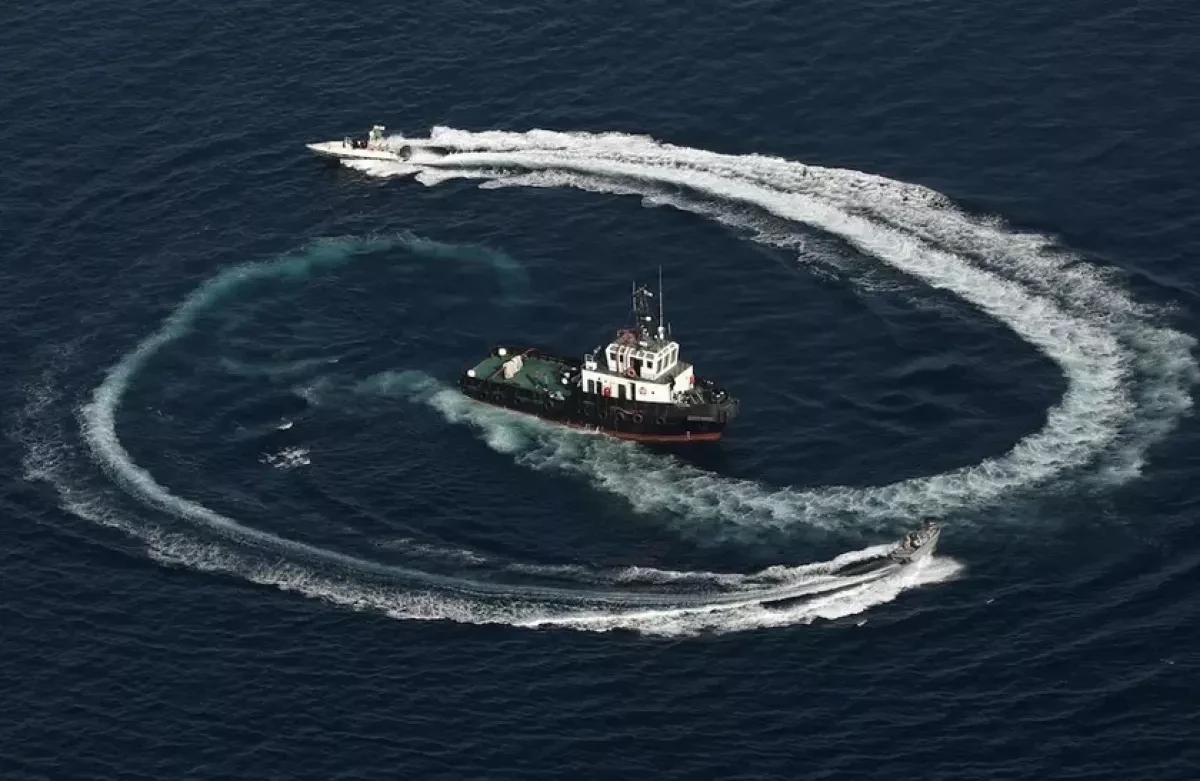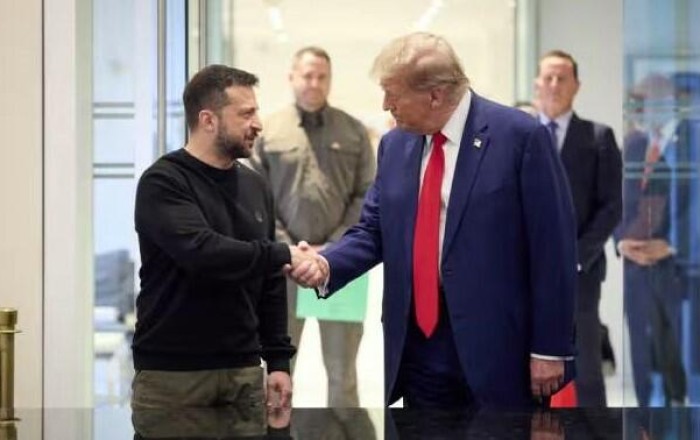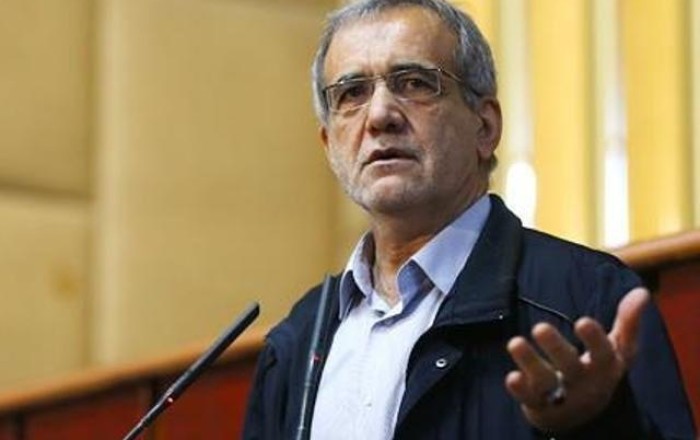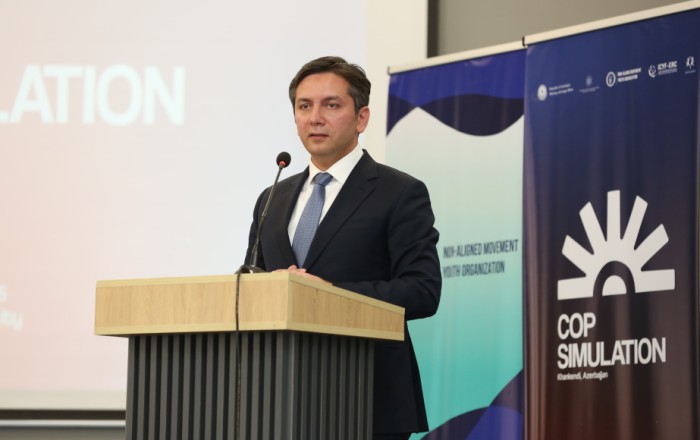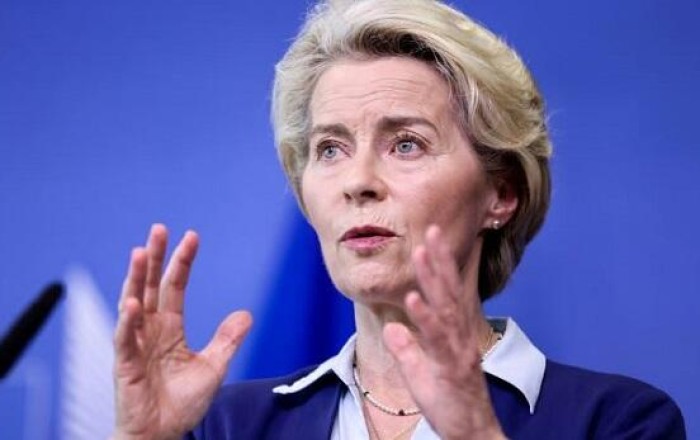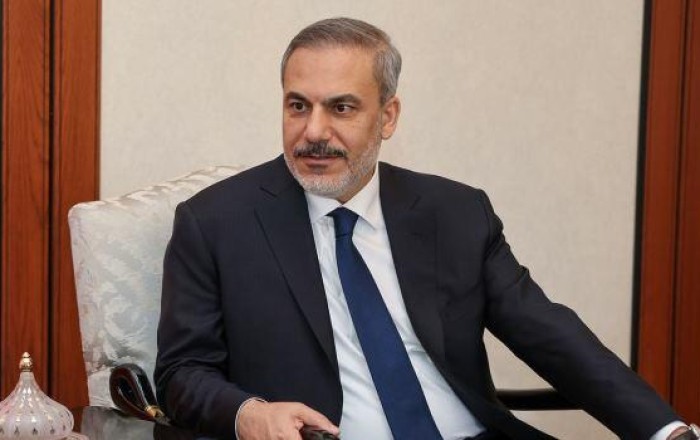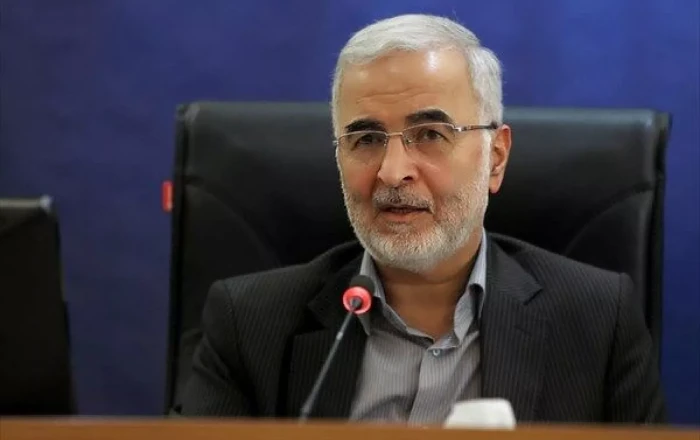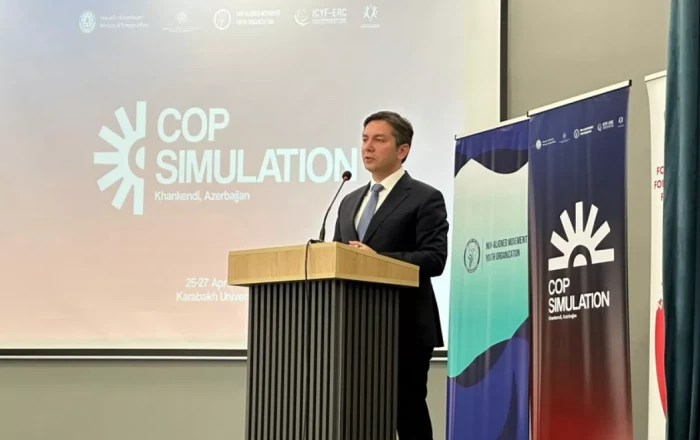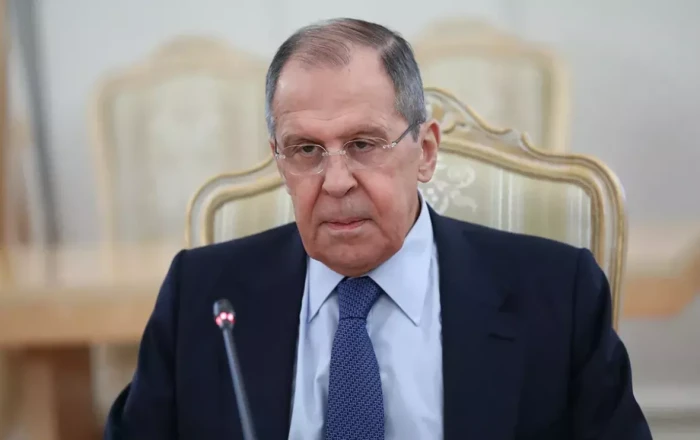Estonian President Alar Karis has officially approved amendments to the nation's laws, granting the military the authority to take action against vessels that pose a threat to vital underwater infrastructure, such as cables and other key maritime assets.
The amendments, which were announced on April 14, have been added to both the Estonian Armed Forces Organization Act and legislation governing the country's economic zone, Caliber.Az reports citing Russian media.
According to the new law, the Estonian Defence Forces (EDF) are now authorized to respond to threats in Estonia’s maritime zone that could jeopardize infrastructure crucial for national defence, vital services, ports, and other critical state facilities or equipment. This expanded mandate allows the military to act preemptively against vessels suspected of endangering Estonia’s strategic interests in the maritime domain.
These amendments come amid rising concerns over maritime security in the Baltic Sea, where tensions have been escalating between Russia and Western countries, particularly in light of recent incidents involving suspicious vessels.
Earlier this week, on April 11, Nikolai Patrushev, Assistant to the President of Russia and Chairman of the Maritime Board, accused Estonia of being the primary instigator of calls for the sinking of suspicious merchant vessels operating in the region. However, Patrushev noted that not all Western nations support Tallinn’s aggressive stance.
On the same day as Patrushev’s statements, the Estonian Defence Forces (EDF) detained the tanker Kiwala, which was en route to Russia, near Muuga Bay, located by the island of Aenga. The EDF explained that the detention was part of a routine check on the vessel’s documents and its legal status, underscoring the importance of ensuring that vessels comply with international and national regulations.
The new law and the recent detention underscore Estonia’s growing focus on securing its maritime borders and critical infrastructure, particularly in a time of increasing geopolitical tension in the region.
By Vafa Guliyeva
Source: caliber.az


